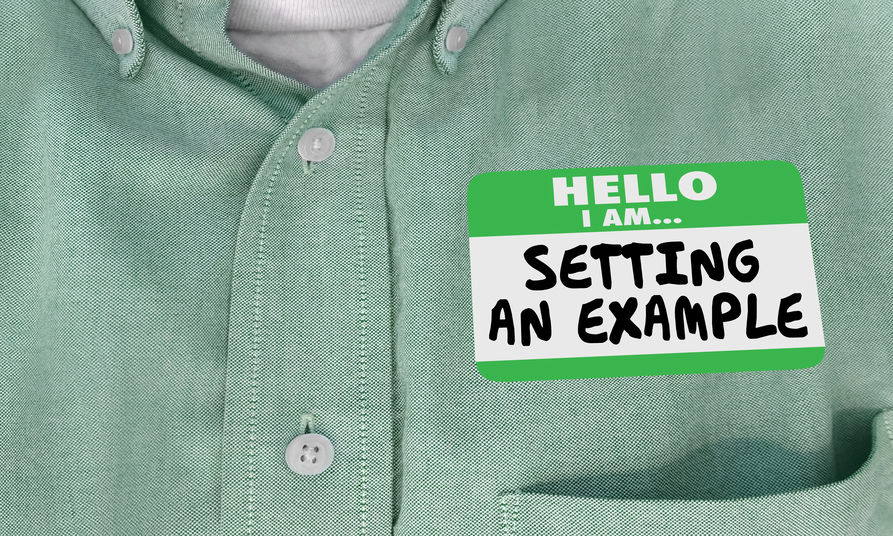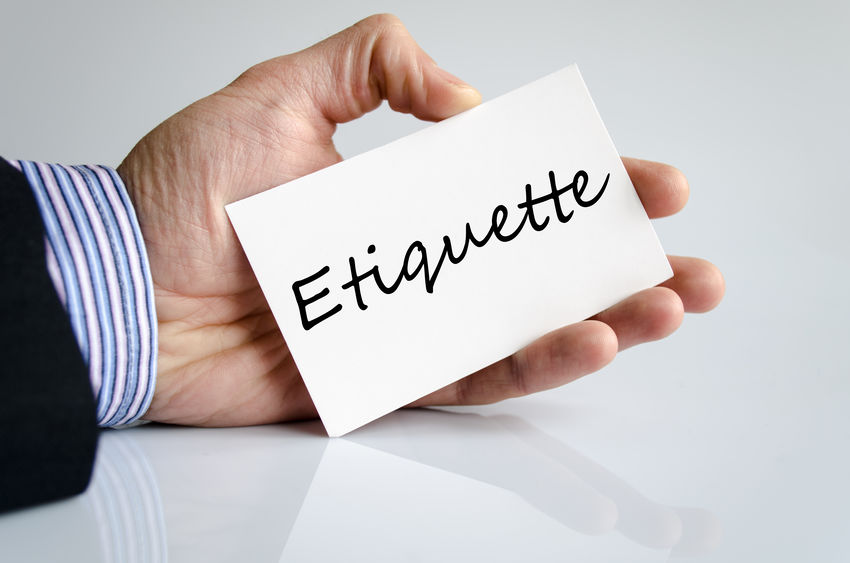Instead of Perfection, Strive
for Excellence

Perfectionism is a frustrating path to choose. The anxiety and social pressure it brings with it puts a strain on relationships. It is even viewed by psychologists as contributing to depression and low self-esteem.
A strive for excellence, on the other hand, brings with it a sense of accomplishment when goals are reached. It gives you room to handle setbacks, learn from mistakes, and set an example for other people.
Pitfalls of Perfectionism
Whether it’s fear of failure or fear of being wrong or disagreed with, perfectionism is, as one person describes it, “that haunting feeling that I’m not enough and I need to try harder.”
Critical comments make the perfectionist bristle and become defensive. They can’t relax and remain worried about one thing or another. Under no circumstances does a perfectionist want to look bad.
One of the worst pitfalls is that perfectionism interferes with the curiosities of learning and creativity because it fosters a strong fear of making mistakes.
As an example: when a perfectionist considers what is proper dining etiquette, she tends to think of stern examples that need to be followed to the letter. She might associate expensive dinnerware with a proper table setting in her own home, rather than embrace the observation that a map of utensil placement acts as the standard regardless of the quality of the items used in the setting.
One admitted perfectionist stated, “If you don’t have quality dining ware, it works best to declare the dinner as ‘casual’ and instruct guests to take dishes and utensils from a stack on the counter. This way I don’t have to bother caring how things look!”
Once a person can face that she is a perfectionist and that it has brought harm, the opposite side of perfectionism can make itself known.
An Etiquette-ful Strive for Excellence
“Striving for excellence motivates you; striving for perfection is demoralizing.”
~ Harriet Braiker
Striving to be excellent is not striving to be perfect. Perfection cannot be reached, which is the reason it causes so much stress for those who try. Excellence, however, allows for measurable goals that, once reached, are cause for celebration. And, if not reached, provide the gift of a learning experience.
Being etiquette-ful is being mindful of the commitment to personal excellence. The kindness that etiquette calls for is not only extended to other people, but to yourself – leaving no room for perfectionism.
10 Etiquette Tips for Being Excellent
- Maintain your good manners all the time. Even when you are alone, don’t interrupt your thoughts with criticism.
- Be respectful, even when others aren’t.
- Be mindful of your time or schedule, and the time of other people. Inquire as to whether it is a good time to interact before you interrupt someone’s day. And aim to be on time for appointments.
- Be friendly and smile, even behind your mask!
- The eyes are the window to the soul! Work on eye contact.
- Meet deadlines and respond to communications in a timely manner.
- Be observant of space! Never crowd in front of someone.
- Be generous with “Thank you,” “It’s my pleasure,” “You are welcome,” and “I’m sorry.”
- Be kind to yourself and others with positivity.
- Speak up and be heard.
Being excellent carries the built-in assumption that you will do your very best on a given task, project, or situation. Contrasted with perfectionism, striving for excellence helps a person use mistakes to better himself rather than having to be right.
Situations and context in life are ever-changing. A couple of questions to keep in mind that bring you right back to your commitment to personal excellence are:
- What is the etiquette-ful thing to do right here and now?
- What is the most respectful and courteous thing to do while being true to myself?
That is personal excellence!














